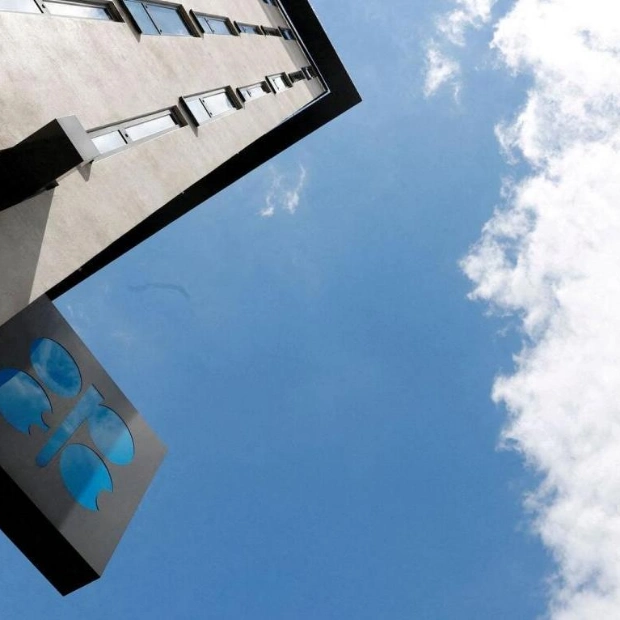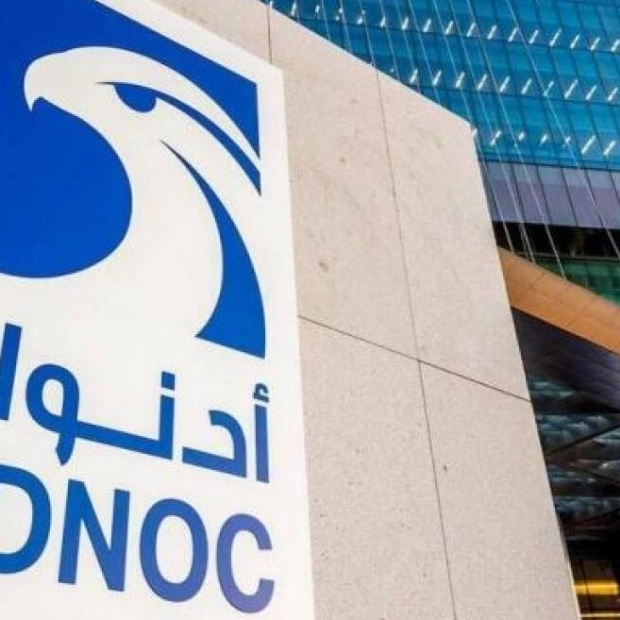The Pakistan tax authority announced on Thursday that it has blocked 210,000 SIM cards belonging to users who have not filed tax returns, aiming to broaden the revenue base. In 2022, only 5.2 million out of the over 240 million population submitted income tax returns. The Federal Board of Revenue (FBR) issued this directive in April and has subsequently instructed the telecommunications authority to block the connections of 210,000 SIM cards, with 62,000 of them being reactivated later, according to FBR data.
"We have reactivated the SIMs for those who have settled their tax obligations," stated Bakhtiar Muhammad, an FBR public relations official. "Taxes are not paid voluntarily; we need to create avenues for people to fulfill their tax responsibilities." Pakistan boasts over 192 million cellphone subscribers and operates four telecommunications service providers, as per the telecommunication authority. Pakistani citizens are required to register a SIM card using their national identity number, which is frequently used for multiple connections.
"Access to telecom services is a fundamental human right and crucial for various other essential services, such as access to information, education, and emergency services," an anonymous official from one of the four telecommunications companies told AFP. "We are in discussions with the authorities, advocating for the use of technology to enhance tax collection, as abrupt measures could disrupt these vital services." The South Asian nation is endeavoring to expand its meager revenue base but faces challenges due to a predominantly undocumented economy. The government has been seeking additional loans from the International Monetary Fund to stabilize its finances, but the lender insists that Islamabad must do more to mobilize its resources.
"This is a ridiculous move. Not all SIM card holders earn enough to be subject to taxation," digital rights activist Fareiha Aziz told AFP. "People's livelihoods depend on their phones; this is an excessive measure." In a letter to the Ministry of Information Technology in June, the four telecommunications companies cautioned that the new tax measures against non-tax filing cellphone users were "impractical" and "unworkable" and could deter foreign investment. Tauseef Gilani, a 66-year-old businessman in Islamabad, criticized the move as excessive.
"Regardless of my income, it is my duty to contribute to society," Gilani said. "However, blocking SIMs is unfair—it encroaches on freedom of expression and infringes upon rights."






